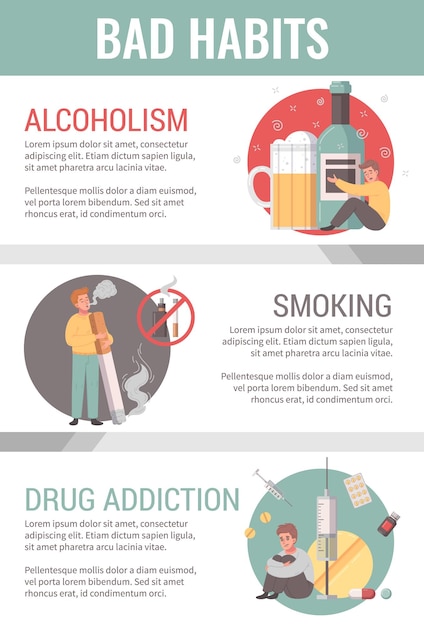
Helping someone you care about face an addiction is tough, but the reward is worth it. Addiction is a complex issue – it doesn’t just affect the person struggling, but their friends and family too. As such, there’s a lot you can do to be a positive force in their lives. This piece aims to give you tips and advice, so you can face this journey with confidence and understanding.
Taking care of yourself is an important first step. It’s vital to prioritize your physical and mental wellbeing to support your loved one effectively. This means eating well, exercising regularly, and getting enough sleep. Connecting with friends, family, or a support group can help in expressing your feelings and experiences. Set limits for yourself to avoid feeling overwhelmed by the challenges of helping someone with an addiction. Remember to enjoy and engage in activities that help refresh your energy. The better you care for yourself, the more you’re able to support your loved one.
Understanding addiction is another important aspect. Addiction affects people’s brain function and behavior, resulting in uncontrolled substance use in spite of the negative consequences. Remember, it’s not just a lack of willpower. Anyone can get addicted, regardless of age, gender, or background. Much like other chronic diseases, it demands medical treatment and support for recovery.
Educating yourself about addiction helps you understand this complex issue and its effect on people and their families. Use trustworthy sources, like credible websites, books, and articles to learn more about addiction and treatment options. Support groups and workshops can provide you with practical insights from others in a similar situation. The more knowledge you acquire, the better prepared you’ll be to support your loved one through recovery.
Watch out for manipulative behaviors that can come with addiction. Set up clear boundaries, and don’t let anyone take advantage of you. Stay vigilant for manipulation tactics – guilt trips, lies, false promises. Avoid enabling the addiction or feeding it unintentionally. Promote honesty and accountability. Always remember, you can support them without taking responsibility for their behavior or feeling pressurized.
Supporting your loved one with addiction means empathizing and encouraging them without endorsing their addictive behavior. Direct them to suitable treatment options and urge them to seek professional help. Just simply listen and accept their feelings without being judgmental. Remember that recovery is a process with potential pitfalls. Continue to offer consistent support and positivity throughout this journey.
Long-term support is essential for someone recovering from addiction. This path usually involves ups and downs, and they’ll need constant emotional support to navigate through it. Recovery is not always a straight path, and obstacles may come. Even then, it’s crucial to keep understanding and motivating them.
In conclusion, your understanding of addiction, your ability to set limits, and your continual support can greatly influence their recovery journey. Always remember to prioritize self-care, and seek help as needed. Recovery might be tough, but it’s doable, and your constant support can make a world of difference. Keep engaging and stay hopeful. After all, your unwavering strength can lighten the path towards healing for your loved ones.






